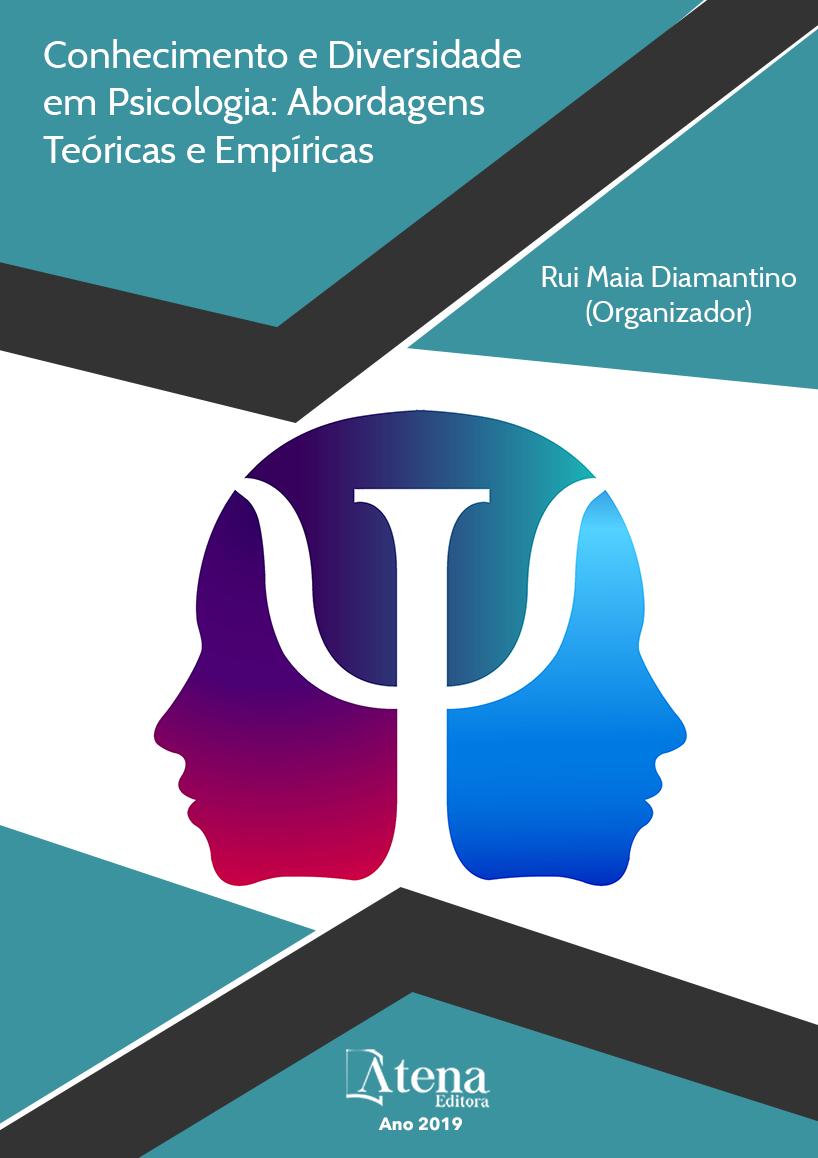
AMBIENTE SÓCIO MORAL E A CONSTRUÇÃO DA MORALIDADE NAS AULAS DE EDUCAÇÃO FÍSICA
Historicamente a Educação Física foi
vista como a disciplina responsável por “cuidar”
do desenvolvimento moral, pois era espaço
para que os estudantes praticassem jogos
recreativos e/ou esportivos. Entendia-se que ao
respeitar aquelas regras a formação moral para
a vida social estaria garantida. Entre outros
fatores, a maneira como o ambiente das aulas
é organizado, influencia esse desenvolvimento.
Para esta discussão elaboramos o seguinte
problema: como o ambiente sócio moral
presente nas aulas de Educação Física pode
contribuir e/ou influenciar no desenvolvimento
da moralidade dos alunos? Este artigo é fruto
de uma pesquisa de campo que teve como
procedimento a observação não participante,
acompanhamos quatro aulas consecutivas de
três professores de Educação Física atuantes
no Ensino Fundamental (1º ao 5º ano). O
objetivo geral foi identificar quais as influências
do ambiente sócio moral das aulas de Educação
Física no desenvolvimento da moralidade dos
alunos. Para tanto, apresentamos os dois
tipos de ambiente sócio moral: autocrático
e democrático. Os resultados mostraram,
na ação de um dos professores, elementos
característicos de um ambiente autocrático, pois
predominou o respeito unilateral, heteronomia,
coerção e autoritarismo. Nas aulas dos outros
dois professores, prevaleceram ações que
caracterizam o ambiente democrático, ou seja,
oportunidades de autonomia, respeito mútuo,
cooperação e reciprocidade. Concluímos que
o ambiente sócio moral democrático nas aulas
de Educação Física, poderá contribuir para o
desenvolvimento da moral autônoma, sendo
para isso necessário que os(as) professores(as)
tenham conhecimento sobre esta temática em
sua formação inicial e continuada.
AMBIENTE SÓCIO MORAL E A CONSTRUÇÃO DA MORALIDADE NAS AULAS DE EDUCAÇÃO FÍSICA
-
DOI: 10.22533/at.ed.3211923197
-
Palavras-chave: Desenvolvimento Moral; Ambientes Sócio-Morais; Aulas de Educação Física.
-
Keywords: Moral Development; Socio-Moral Environments; Physical Education Classes.
-
Abstract:
Historically physical education
was seen as the discipline responsible for
“take care” of moral development, as it was
space for students to engage in recreational
and/or sports games. In the conception of
many, respecting the rules of these games
alone would guarantee them a moral formation
for the rest of their lives. Today, we know that physical education plays an important
and significant role in the formation of students, like any other discipline, but we also
know that only respect the rules of a game (whatever) does not guarantee that these
students develop morally. Among other factors, the way the classroom environment
is organized influences this development. This article is the result of a field research
that had as a procedure the non-participating observation, in which followed four
consecutive classes of three physical education teachers active in elementary school
(1st to 5th year). The general objective was to identify the influences of the social
and moral environment of the physical education classes in the development of the
students’ morality. To this end, we started from the characterization of the two types of
socio-moral environment: autocratic and democratic. In our results we observed that in
an environment predominant actions of unilateral respect, heteronomy, coercion and
authoritarianism, elements that characterize the autocratic environment. While in the
other two environments observed, actions of autonomy, mutual respect, cooperation
and reciprocity prevailed, elements that characterize the democratic environment.
Thus, we conclude that in any process, the change and the search for autonomy is
something to be built, day after day.
-
Número de páginas: 15
- Ana Cláudia Saladini
- Heloisa Braga Santos


